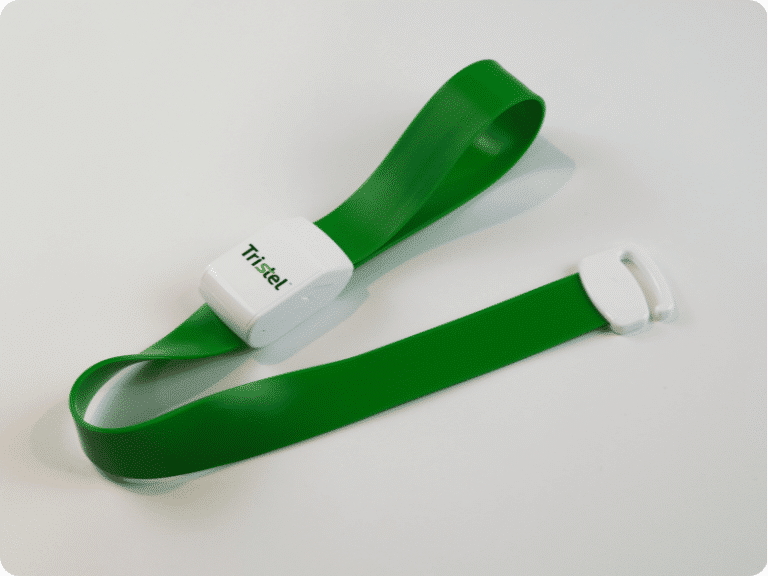Reusable daisygrip Tourniquets:
Their Impact on Patients, Planet and Public Purse
Sandwell and West Birmingham NHS Trust has initiated a transition from single-use to daisygrip, a reusable tourniquets, evaluating the impact on patients, the environment, and healthcare costs.

Background and Problem
The NHS produces about 4% of the UK’s carbon emissions, with 10% coming from the medical products used in patient care. The NHS has set a goal to reach net zero emissions, recognising that reducing single-use plastics could cut over 200,000 tons of CO2 emissions. Phlebotomy is one of the most common invasive procedures, with 61 million single-use tourniquets purchased by the NHS trusts in 2022-23.
Evaluation and Implementation
The trust’s clinical procurement team applied for funding to evaluate a reusable silicone tourniquet, daisygrip, as an alternative to single-use tourniquets. They assessed around 1,000 phlebotomy and cannulation processes, finding daisygrip was preferred by patients and staff, reduced costs, and had an impact on lowering the carbon footprint by 80%.
Impact and Benefits
The transition to daisygrip has shown promising results:
Patient and Staff Experience: Patients and staff preferred daisygrip, citing improved comfort and a more positive experience compared to the single-use versions.
Environmental Impact: daisygrip significantly reduced the carbon footprint of the phlebotomy process by cutting down on waste and single-use plastics.
Financial Savings: Switching to the reusable tourniquet resulted in cost savings for the trust, with the reusable option being more economical than the single-use version in the long run.
Conclusion
The initiative demonstrated that daisygrip can have a positive impact across the triple bottom line of society, environment, and economy, and to encourage clinicians to get involved in sustainable procurement decisions to support the NHS’s net zero goals.